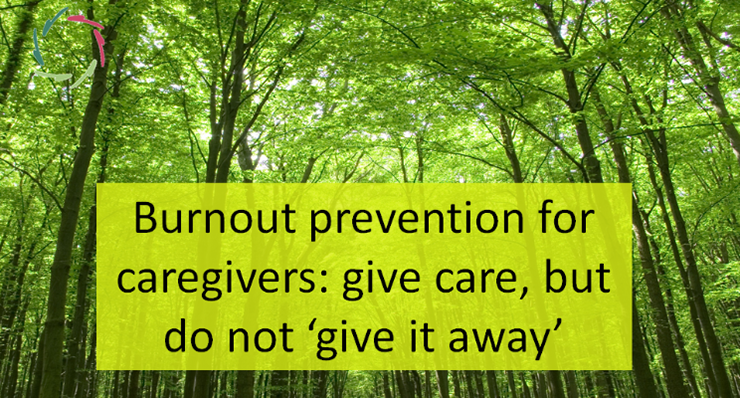Is a Good Coach Makeable?

In a broad sense, much in the world hangs on this. The answer depends on a profound view upon the human being.
What is a good coach?
Straightforwardly, a good coach is a successful coach. But what is success in coaching/therapy? This question may be answered in several ways. [see: “What is Success in Therapy?“]
Let’s say this question has been answered satisfactorily.
Then, is a good coach makeable?
Or a good teacher, a good leader, a good diplomat?
This question is profoundly and interestingly different from whether one can be influenced towards becoming a good coach. ‘To influence’ is not ‘to make.’ The latter is instrumental; therefore, hardly feasible. [see: “You Are an Organism, Not a Mechanism.“]
Makeability is not pertinent to human beings, except through manipulation or coercion. This is the same in other humanistic fields, such as morality. [see: “Is Man Morally Makeable?“]
Let’s say we are not into this. We can focus our question a bit more now.
Can one be influenced towards becoming a good/better coach?
Much of this depends on motivation. Again, this is no straightforward subject. Superficial motivation is no motivation at all. [see: “Deep Motivation – Because it is the Only Motivation“]
It has to go deep.
A non-motivated person has the doors shut towards being influenced. One may comprehend this as: To influence a person starts with motivating that person towards different behavior (in a broad sense).
Can one be motivated towards becoming a good/better coach?
People want to be seen as accomplishing things. [see: “I Want to Do in Group“]
This ‘to be seen’ or ‘in group’ may be interpreted abstractly. It can be concrete. It can be a projection, a deceased person, a symbol even ― as long as there is a conscious/non-conscious feeling of being seen. With deep listening and open communication, this can be fostered.
To ‘accomplish,’ one needs to have the ability to do so. One needs at least the feeling of control. Otherwise, there is a lot of stress (still wanting to) or demotivation (not wanting to).
Contradictory?
Thus, to become a better therapist/coach, it is helpful to know that it is feasible to become better. The problem is, science shows this to be controversial.
At least, through instrumental means.
Science also shows that ‘non-specific factors’ are most important in relevant success, if not all-important. In my view, Compassion is the key.
Compassion can be developed if you look at it as an art. [see: “Is Compassion Art?“] This has been shown to be feasible. It may be mainly dependent on ego.
Additionally, once Compassion is present, techniques can be used to sharpen one’s ‘instrument of Compassion,’ which is oneself. [see: “Growing towards AURELIS Coach“]
So, returning to the first question:
Is a good coach makeable?
Yes, of course. But only through himself, from the inside out.
This can be invited, not coerced.
Then it can be fostered organically, not mechanically. Techno-logy for this is possible to a huge degree. Technè (τέχνη) is ancient Greek for craft, art, cunning. This, again, is not independent of the artist.


